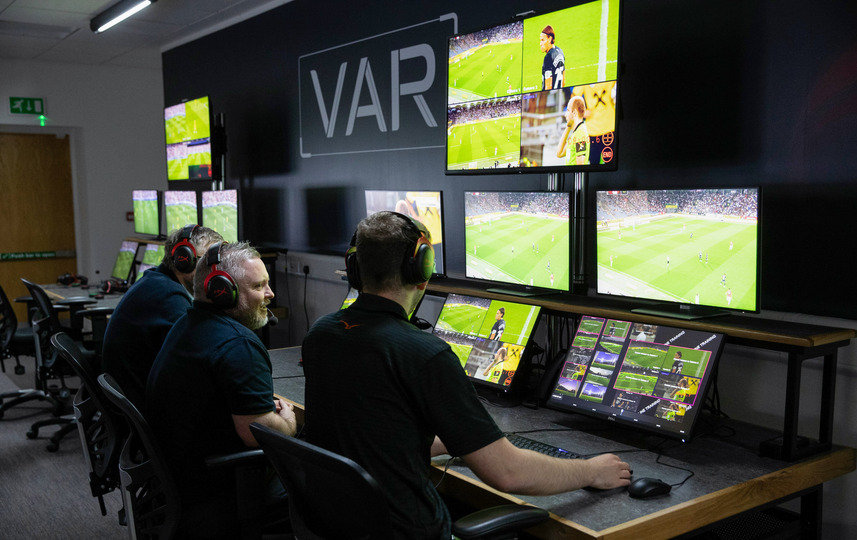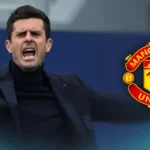Technology disruptions are continually welcome in every facet of our lives, especially because some traditional ways of implementing projects and ideas have been continually faulted. The pre-VAR era was riddled with a lot of wrong officiating decisions, but even with the advent of the VAR, there remains some lingering VAR controversy.
In a bid to resolve these VAR controversies, the Champions League and Qatar 2022 implemented the VAR technology introduced by Adidas. However, this technology cannot be easily adopted in the Premier League due to certain contractual constraints.
The reason why Premier League need to wait till 2025
Liverpool felt ‘robbed’ in their encounter with Tottenham Hotspur due to an officiating error. Luis Diaz’s goal was wrongly disallowed in a VAR controversy that led to Liverpool’s loss. In the recording released, it is clear that VAR realized their error, but the referee felt it was too late to recall the disallowed goal.
Liverpool manager Jurgen Klopp has made a call for the match to be replayed due to what he perceives as the “unprecedented” severity of the mistake. However, it’s important to note that such demands are unlikely to be met by the Premier League.
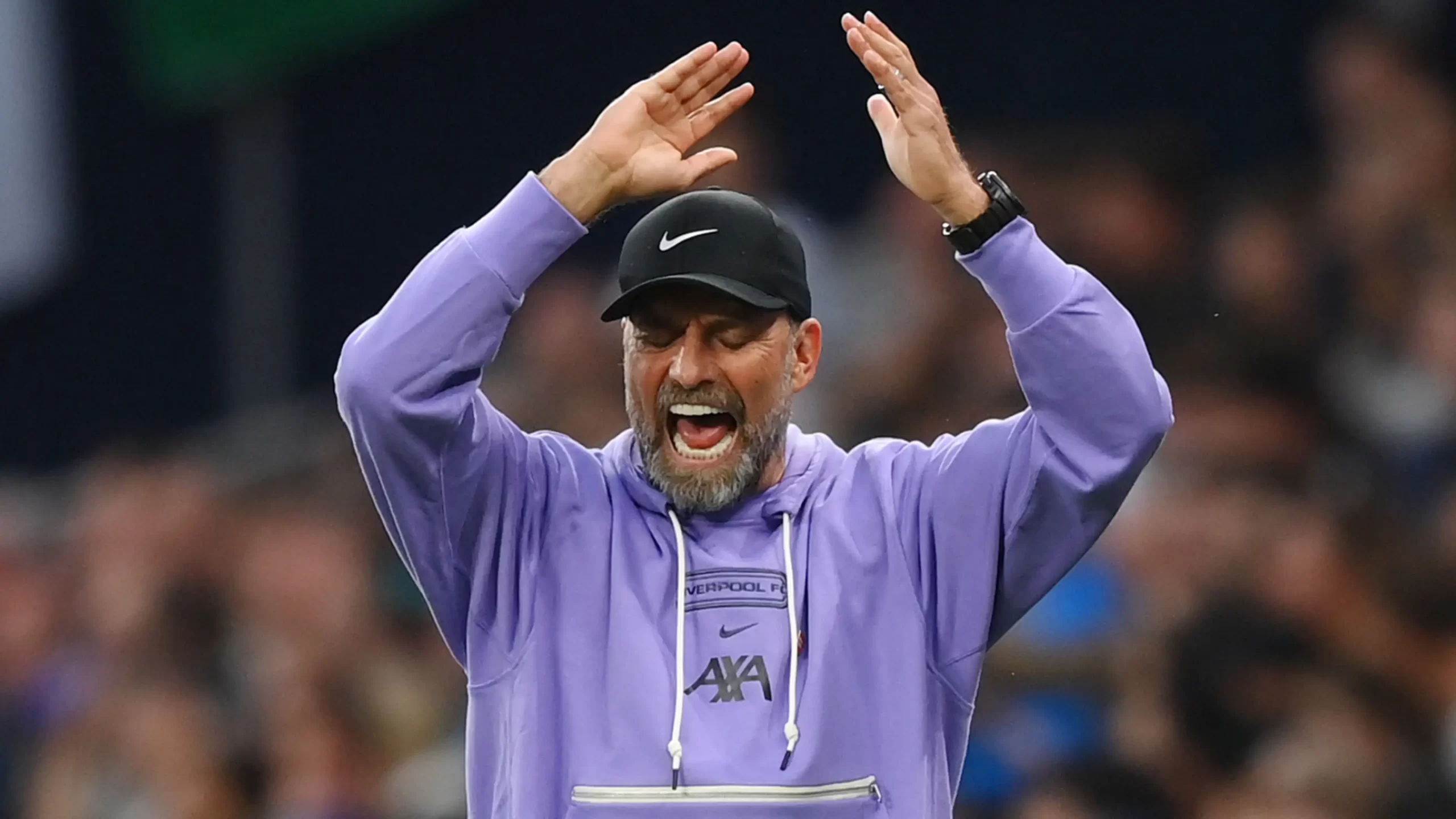
Additionally, the Premier League faces limitations in implementing a semi-automated offside system, which could potentially improve the accuracy of such decisions in the future. The incident has sparked discussions about the use of technology and the need for improvements in officiating to ensure fair outcomes in football matches.
According to the Daily Mail, the situation is quite more complicated than simply adopting the VAR technology used in the Qatar World Cup in a bid to stop all VAR controversy once and for all. The situation is problematic because of the league’s commercial deal with Nike, which rivals Adidas, the pioneer of the ‘VAR technology’. Put simply by Mirror, “German analytics company Kinexon is behind the tech and have worked with FIFA and UEFA, but cannot put their chips inside Nike products.”
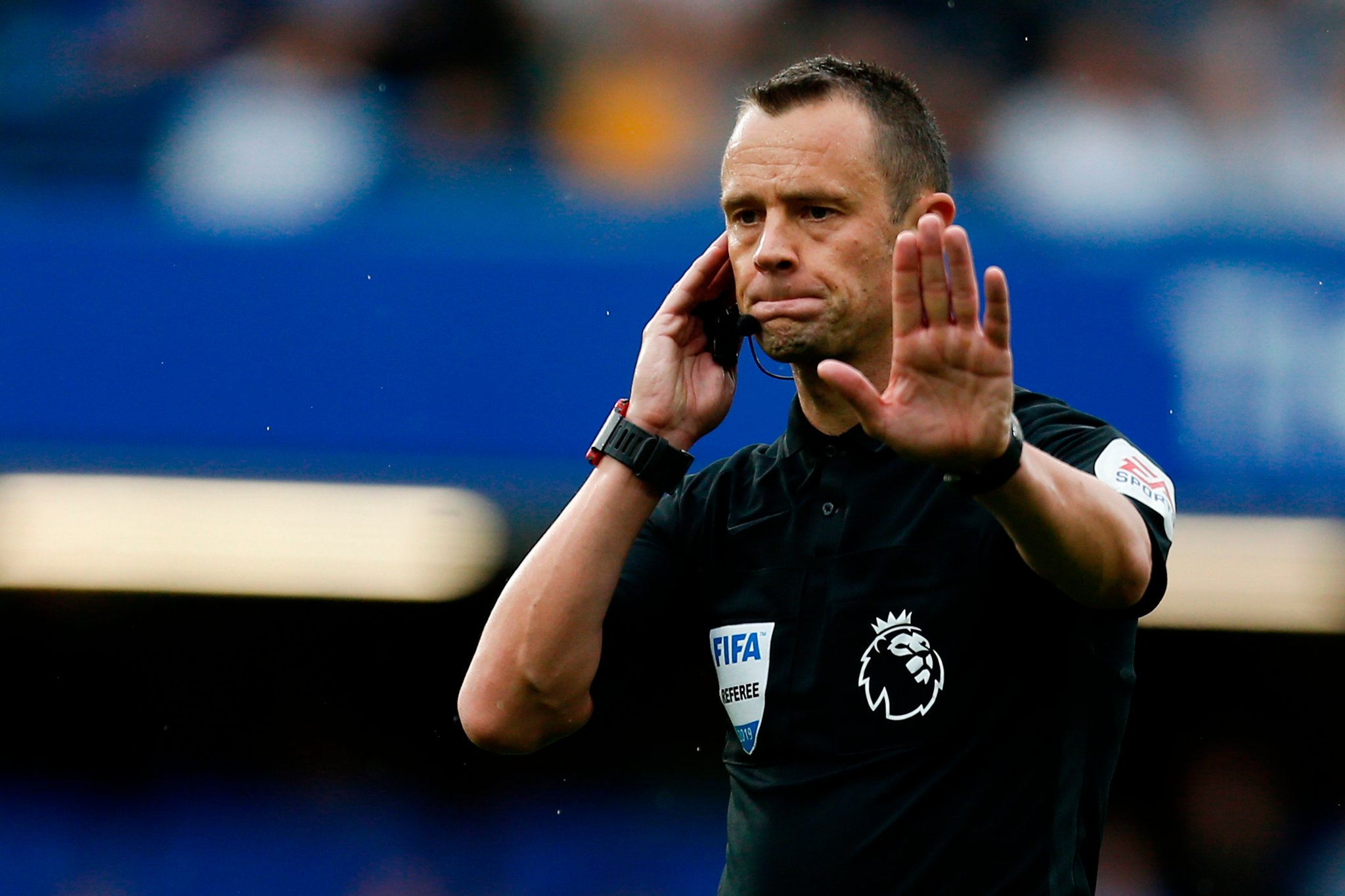
There are ongoing efforts to explore alternative football officiating technologies that do not rely on a chip inside the ball, similar to what is used in the Champions League and Europa League. However, it appears that these alternatives are not expected to be implemented in the immediate future.
Adidas’ VAR improvement in Qatar
The VAR has made some improvements to enhance its decision-making. Indeed, adopting semi-automated offside systems primarily addresses two key objectives: reducing delays and enhancing accuracy in offside calls. This initiative comes in response to recent high-profile errors, like the one witnessed in Liverpool’s 2-1 defeat by Tottenham over the weekend
The wrong decision in the Tottenham v Liverpool game cost the team so much that they eventually lost the game. Luis Diaz was adjudged offside by the referee after a VAR check. Before the goal disqualification, Luis Diaz had already put the ball at the back of the net.
The PGMOL (Professional Game Match Officials Limited) has released audio recordings related to the VAR controversy, shedding light on how VAR Darren England made the surprising mistake of not overturning the call and awarding Liverpool the lead in the match.
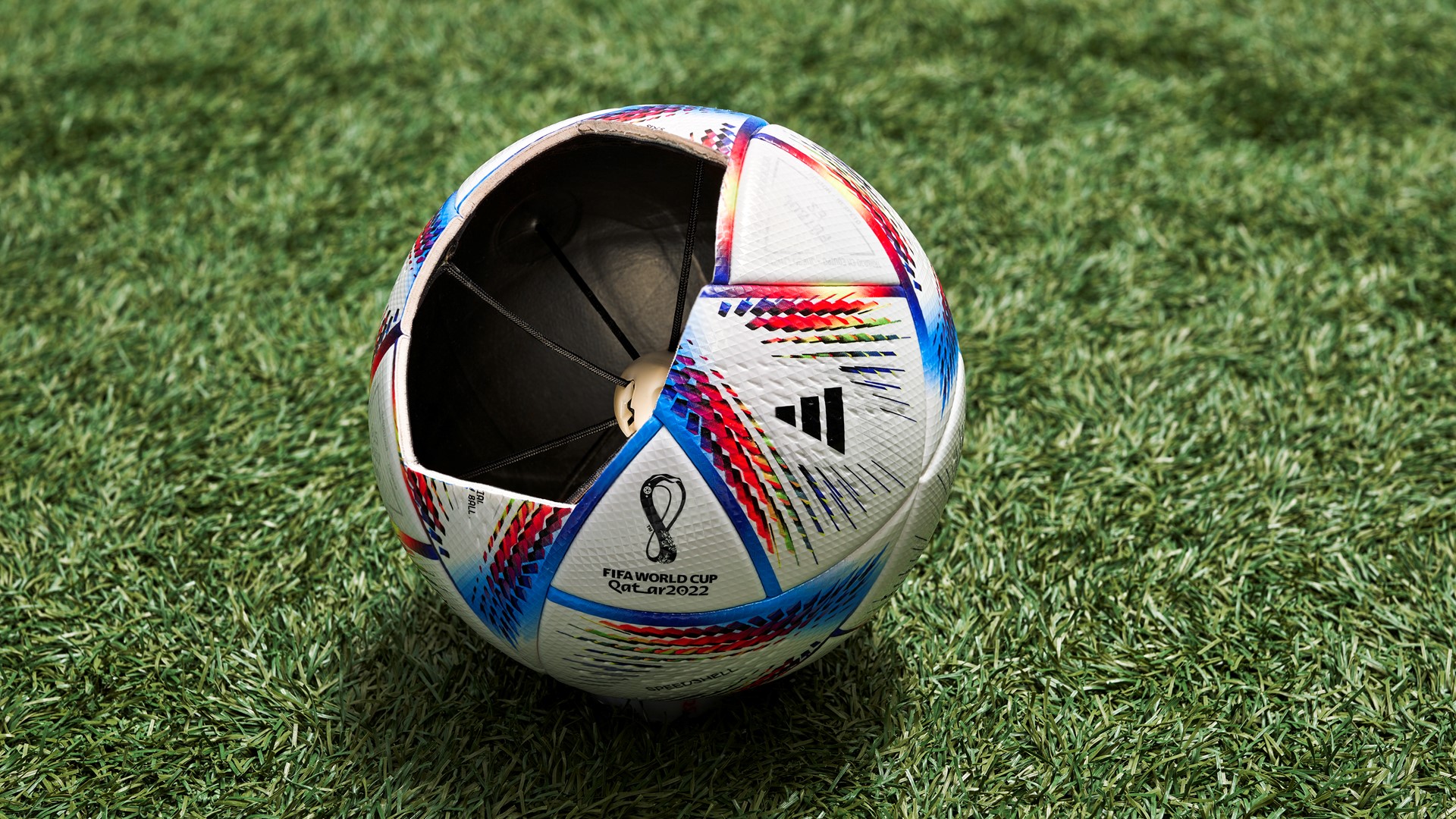
In order to avoid such VAR controversy, the Qatar World Cup and the Champions League have adopted semi-automated offside systems that incorporate cameras, limb-tracking technology, and artificial intelligence to make offside decisions without human intervention, such as the need for officials to draw lines manually.

